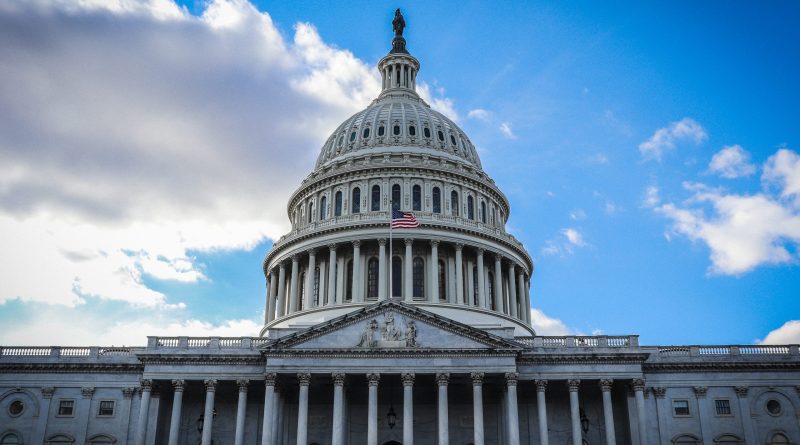State of the Union: A President’s Call for Action
In the face of a harrowing war in Ukraine and deep domestic political divide, President Joe Biden spoke poignantly about the power of unity and offered an array of public health policy priorities for action in the first State of the Union address of his term. By speaking about universal experiences, he galvanized the nation and highlighted the strengths of democracy. A mix of controversial topics—like regulation of prescription drug prices—and less contentious topics— like cancer research— allowed the president to further his administration’s agenda while simultaneously inspiring unity.
Status Update on the COVID-19 Pandemic
President Biden took this opportunity to provide a status report on the COVID-19 pandemic in the U.S. He acknowledged the exhaustion that two years of pandemic life have instilled in many but highlighted the progress made to date. He lauded progress on vaccination, as 76.5% of the population has received at least one dose. Moreover, he attributed much of that progress to the success of the American Rescue Plan stating that “few pieces of legislation have done more in a critical moment in our history to lift us out of crisis.”
While the president held a tone of cautious optimism as he spoke about a return to normalcy, he was not complacent. He proclaimed that we will never accept living with COVID-19 and then proceeded to outline how his administration plans to stay on guard.
- On vaccines and treatment, he unveiled the Test to Treat Initiative. This program would enable a person who tests positive for COVID-19 at a pharmacy to receive the Pfizer antiviral pill on the spot.
- He addressed concern about future surges, suggesting we are well poised to deploy vaccines, tests, and masks quickly in the event of a new variant. This assurance was timely given the recent testing shortage in the face of the Omicron variant.
The president concluded this portion of his address by referring to COVID-19 as a “God-awful disease,” emphasizing the need to address both global vaccination efforts and the polarizing political divide around the virus.
Prescription Drug Pricing
The highly debated topic of regulation of prescription drug prices made an appearance when President Biden set his intention to cut drug costs. He spoke extensively about the need to decrease insulin costs referring to the millions of Americans with diabetes who rely on this medicine to survive. He reiterated his proposal to cap insulin costs at $35 per month, a key provision of Biden’s Build Back Better plan.
The need for lower prescription drug prices was followed with a call to allow Medicare to negotiate drug prices with pharmaceutical companies—another element of Build Back Better. Explicit promotion for Build Back Better was notably absent from Biden’s speech but the insinuation was evident despite the legislation’s hard stall in Congress.
The Unity Agenda
The latter half of the president’s address was presented as a “unity agenda” for the nation. He proclaimed, “it’s important for us to show — to show the nation that we can come together and do big things.” All four components of the unity agenda were health-related topics: the opioid epidemic, mental health, health care for veterans, and the fight against cancer.
- On the opioid epidemic, he recommended increased funding and enforcement to diminish a long standing crisis.
- The COVID-19 pandemic has caused a rise in mental illness and Biden voiced the need for true parity between physical and mental health care. He emphasized this need especially among children, “whose lives and education have been turned upside down” because of the pandemic.
- He prioritized the health of veterans, incorporating President Biden’s personal family tragedy involving his late son, Beau. After detailing the harsh exposures that U.S. troops face, the president announced his administration’s efforts to provide debt-free health care for lower-income veterans.
- Lastly, the president reignited the Cancer Moonshot initiative he launched in 2016 under former President Barack Obama’s administration. To further the fight against cancer, President Biden called on Congress to fund the Advanced Research Projects Agency for Health (ARPA-H) to reduce the cancer death rate by at least 50% within the next quarter of a century and “turn more cancers from death sentences into treatable diseases.”
National Attention on Health
While the future of President Biden’s proposed legislation is unknown, his words have brought national attention to many health issues. What remains to be seen is the will of Congress to act.
